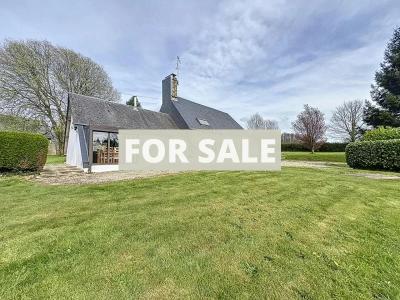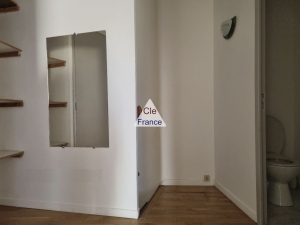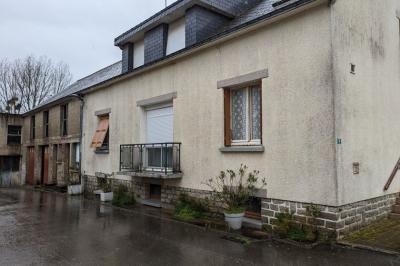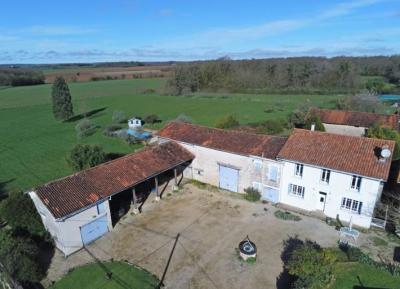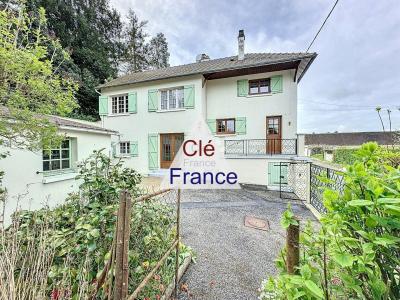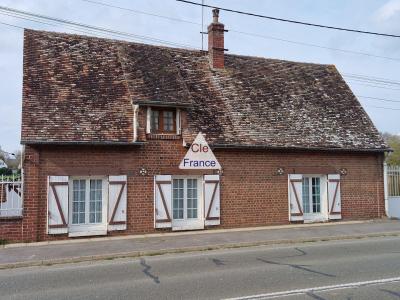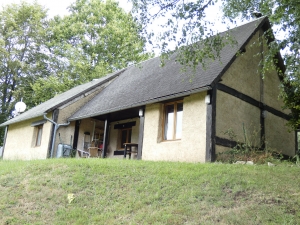My earliest Holiday memories are of driving through France and stopping off at small family run hotels when the light started to dim, not booking anywhere just seeing where the road would take us. These are holidays I will never forget.
Many years later I would be the driver of the car and my family would be enjoying the 'carefree' approach that comes with a driving holiday in France. It can be a great way of getting into the heart of the French countryside and experiencing traditional France.
But when you are driving through France there are a few things you need to be aware of.
Did you know that the legal age to drive in France is 18 years of age and even if you have a full licence from another country and you are under that age, then you are still not allowed to drive in France?
Every passenger must wear a seatbelt and it is illegal for a child under the age of 10 to be in the front seat. Babies are allowed to travel in the front passenger seat, but only when placed in an approved rear-facing baby seat and the airbag is turned off.
You must always stop at a zebra crossing, which is enforced by law and when going through a town you will find a lot of them; but you should be very careful when you are the pedestrian, as the French do not seem to obey this rule as much as they should!
Watch your speed! If you are stopped for speeding you can be fined on the spot and the fines have to be paid in cash there and then, which can be quite expensive. If you cannot pay or you are travelling more than 25km/h above the speed limit, then your car can be impounded and you could end up with a very hefty fine or even lose your licence. So be careful, especially when on the toll roads, as you do not want your driving holiday to come to an abrupt end!
The motorways are 130km per hour, but this is reduced in bad weather down to 110km per hour and on duel carriageways and main roads the same rules apply, where the speed limit is reduced in bad weather. A duel carriageway is 110km per hour and main roads are 90km per hour, with the peripherie being 80km per hour and towns or minor roads being a maximum of 50km per hour. Our top tip to save money would be "don't fill up on the motorway!" Wait until a major intersection near a town or city, and come off the motorway. You will almost certainly find a hypermarket / superstore within a kilometre or so of the exit, offering cut price fuel. The saving can be us much as 15 centimes per litre.
Here are the normal speed limits for driving in France:
- The normal speed limit on French motorways is 130 km/hr (just over 80 mph). - or 110 km/hr in rain.
- The normal speed limit on dual carriageways (divided highways) 110 km/hr
- The normal speed limit on main roads is 90 km/hr (outside built-up areas)
- The normal speed limit in built-up areas is 50 km/hr – unless otherwise indicated.
The French Government do publish information on exactly where speed traps are located and this is one of the reasons why it is illegal to have a radar detector fitted to your vehicle.
In bad weather, fog etc, even during the day, it is compulsory to use your lights but you do not have to keep your lights on during the day at any other time.
Obviously you must have deflectors fitted to your headlights if you have a right-hand drive vehicle and by law you must have a set of replacement bulbs, a warning triangle and a 'gilet' high visibility waistcoat with you at all times. But it is always advisable to check the regulations prior to your holiday in France, as they do change from time to time.
Most of the rules are common sense and are the same as in the UK such as it is an offence to hold and use a mobile phone while driving in France. Hands-free use of mobile phones is not illegal. Though many drivers ignore this rule, traffic police are clamping down on drivers holding phones to their ears while driving, and drivers are liable to an on-the-spot fine.
The insurance document is most commonly the "green card", though a standard insurance document from any EU country provides basic insurance for your vehicle (third party cover) throughout the Union, whether or not a green card is provided. Check in with your insurer before you arrive in France to insure you are covered correctly.
Breakdown or accident: If you are involved in any accident involving two or more vehicles while driving in France, you will be asked to fill in a "constat amiable" (an amiable declaration) by the driver of a French car involved. This is standard practice. If possible, call your insurance company at once on your mobile phone. They may put you in touch with a local French representative. If your car is immobilised on or partly on the road due to a breakdown or an accident, you must set up your red warning triangle at a suitable distance behind the vehicle, to alert approaching traffic to the hazard.
If you are involved in an accident involving any sort of injury - even if it is not your fault - you MUST remain until the police have come.
So, armed with all the essential information you need, and with your vehicle well prepared for the journey, enjoy the experience and the beautiful scenery when you are on your driving holiday in France.
Blog submitted by: David at Cle France.



